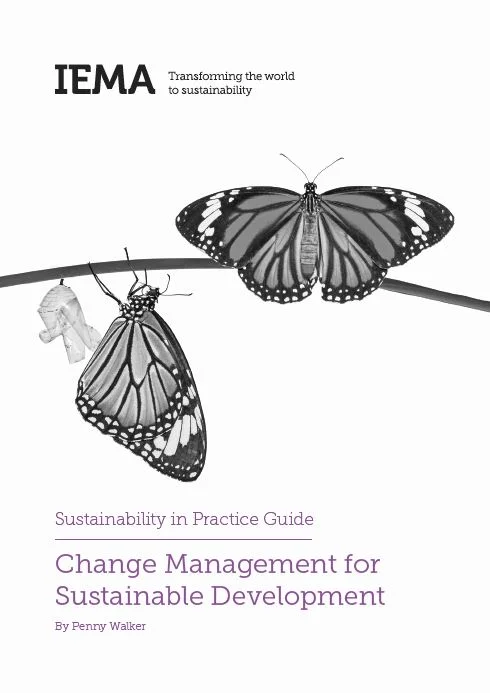Focused, coachy, peer learning
I want to bring together sustainability people of various kinds, to be able to talk with each other about their challenges and ideas in a more expansive and easeful way than a conference allows.
People really benefit from being able to think aloud in coaching conversations. I've seen the transformations that can happen when supportive challenge prompts a new way of looking at things.
We also get so much from comparing our own experiences with peers: finding the common threads in individual contexts, exploring ideas about ways forward.
I’d like to combine these things by making the peer learning available in smaller groups and smaller chunks, where the atmosphere is more like coaching.
What's the idea?
The idea is to run half-day workshops, with between 6 and 10 people at each event. The intention is that they are safe and supporting spaces, where people can talk freely. We'll meet in spaces that are relaxed, creative, private, energising and feel good to be in. (More comfortable than the stone steps in the picture.)
Each workshop would have a theme, to help focus the conversations and make sure people who come along have enough in common for those conversations to be highly productive.
I'd run a few, on different themes, and people can come to one, some or all of them. They don't have to come to them all, so the mix of people will be different for each workshop.
I'd charge fees, probably tiered pricing so that it's affordable for individuals and smaller not-for-profits, but commercial prices for bigger and for-profit organisations.
The content of each workshop will come from the participants, rather than me: my role is to facilitate the conversations, rather than to teach or train people.
Choices, dilemmas, testing
When I've tested this idea with a few people, many have said that the success of the workshops will depend on who else is there: people with experience, insight, credibility. People they feel able to trust, before they commit to booking. I think this is useful feedback.
On the other hand, I'm unsure about the best way to ensure this. Is it enough to include a description of "who these workshops are for" and leave it to people to decide for themselves? Or should I set up an application process of some kind: asking people who apply to include a short explanation of who they are, what their role and experience is, and why they want to come along.
If I set up an 'application' process, will that be off-putting to the naturally modest? Too cumbersome? Adding extra steps (apply, wait, get place confirmed, then pay...) feels risky: at each step, the pool of likely participants will get smaller. Will this make the workshops unviable? Who am I to choose, anyway?
Another option is to make the workshops 'by invitation' with people having the option of requesting an invitation for their friends, peers, colleagues - or even themselves. This is what I'm leaning towards at the moment, based on gut feel.
Will this increase people's confidence in the workshops - that not just anyone gets a place, their peers will provide quality reflections and be people worth meeting? Will it make those people who do get an invitation feel special, better about themselves?
And will I really turn down anyone who asks for an invitation? What will they feel?
I've set up a survey to gather views on this, as well as on the topics that will be most interesting to people. Please let me know here where's there a short survey. Discounts and prizes available!
How it feels to experiment
I'm not a natural entrepreneur. Some people love to experiment and learn from failure. Fail faster. Fail cheaper. Intellectually I'm committed to experimenting with these workshops: testing out ideas about formats, marketing, pricing, venues, topic focus vs emergence, length, the amount of 'taught' content vs 'created' content and so on.
Emotionally: not so much. I want to get everything right before I start (which is why it's taken me about six months to even get to this stage). I'm getting great support from lots of people, and boy do I need it. Even sitting here, I can feel the prickly, clammy, cold physical manifestations of the fear of failure.
I need to move through the fear and into the phase of actually running some test workshops. I know they'll be great. I can see the smiles, feel the warmth, visualise the kind of room we're meeting in and the I already have the design and process clear. I have a shelf of simple but beautiful props in my office. I am 100% confident about the events themselves, it's the communications and administration of the marketing that freaks me out.
Learning from the learning
So already I'm learning. About myself, about what people say they need, about how venues can be welcoming or off-putting, about how generous people are with their time and feedback.











